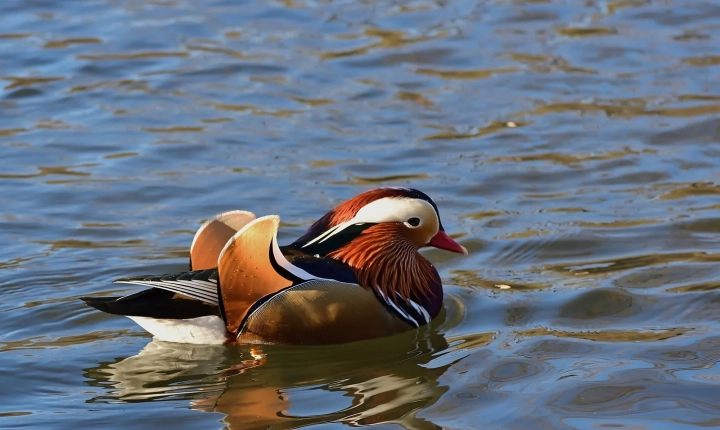Title: “Deciphering the Impact of AI-Generated Photos on Visual Content”
In our rapidly evolving digital age, the use of artificial intelligence (AI) has permeated various facets of our lives, including the realm of visual content creation. AI-generated photos have become increasingly prevalent, raising questions about their implications and impact on the visual landscape. These photos, generated by algorithms that can create remarkably realistic images, prompt a discussion about authenticity, creativity, and ethical considerations.
The rise of AI-generated photos was propelled by advancements in deep learning and generative adversarial networks (GANs), which enable machines to mimic the visual aesthetics of human-generated images. With the ability to learn from vast datasets of existing images, AI algorithms can produce new, unique visuals that can be virtually indistinguishable from authentic photographs. This technology has broadened the possibilities for visual content creation, offering efficiencies and cost savings for various industries, particularly in design, marketing, and advertising.
However, the proliferation of AI-generated photos begs the question: What are the implications for visual authenticity and trust? As AI continues to refine its capabilities, there is a growing concern about the potential misuse of AI-generated visuals to deceive or manipulate viewers. The risk of misinformation and fake news is amplified when AI-generated images are used to fabricate events or represent nonexistent objects, blurring the line between reality and fiction. This challenges the traditional notion of photographic evidence as a reliable source of truth.
The impact of AI-generated photos also extends to the creative landscape, stirring a debate about the role of human creativity in the visual arts. While AI can autonomously churn out vast quantities of images, critics argue that these creations lack the nuanced depth and emotional resonance that stem from human ingenuity and subjective experiences. Conversely, proponents contend that AI can augment human creativity by expediting the iterative process of ideation and prototyping, freeing artists to focus on higher-level conceptualization and storytelling.
Ethical considerations come to the forefront when considering the potential consequences of AI-generated photos on privacy and consent. The use of AI to generate hyper-realistic images of individuals without their permission raises concerns about data privacy and the potential for abusive or invasive practices. Additionally, the ethical implications of manipulating AI-generated photos to foster unrealistic beauty standards or perpetuate harmful stereotypes highlight the responsibility of creators and users to uphold ethical guidelines and promote positive social impact.
In navigating the influence of AI-generated photos, it is imperative to consider the ethical frameworks, regulation, and transparency surrounding their use. Establishing clear guidelines for labeling and identifying AI-generated visuals can help mitigate the risk of deceptive practices and foster informed consumer awareness. Furthermore, ethical considerations should be embedded into the design and deployment of AI technologies to safeguard against potential harm and uphold the values of integrity, authenticity, and respect for human dignity.
While AI-generated photos have undeniably reshaped the visual content landscape, their impact has triggered a multifaceted discourse on authenticity, creativity, and ethics. As technology continues to advance, it is crucial to strike a balance between harnessing the potential of AI-generated visuals and safeguarding against their misuse. By fostering open dialogue, proactive regulation, and ethical awareness, we can navigate the nuanced implications of AI-generated photos and strive to harness their capabilities responsibly for the betterment of society.
